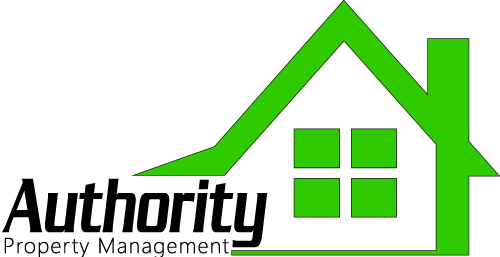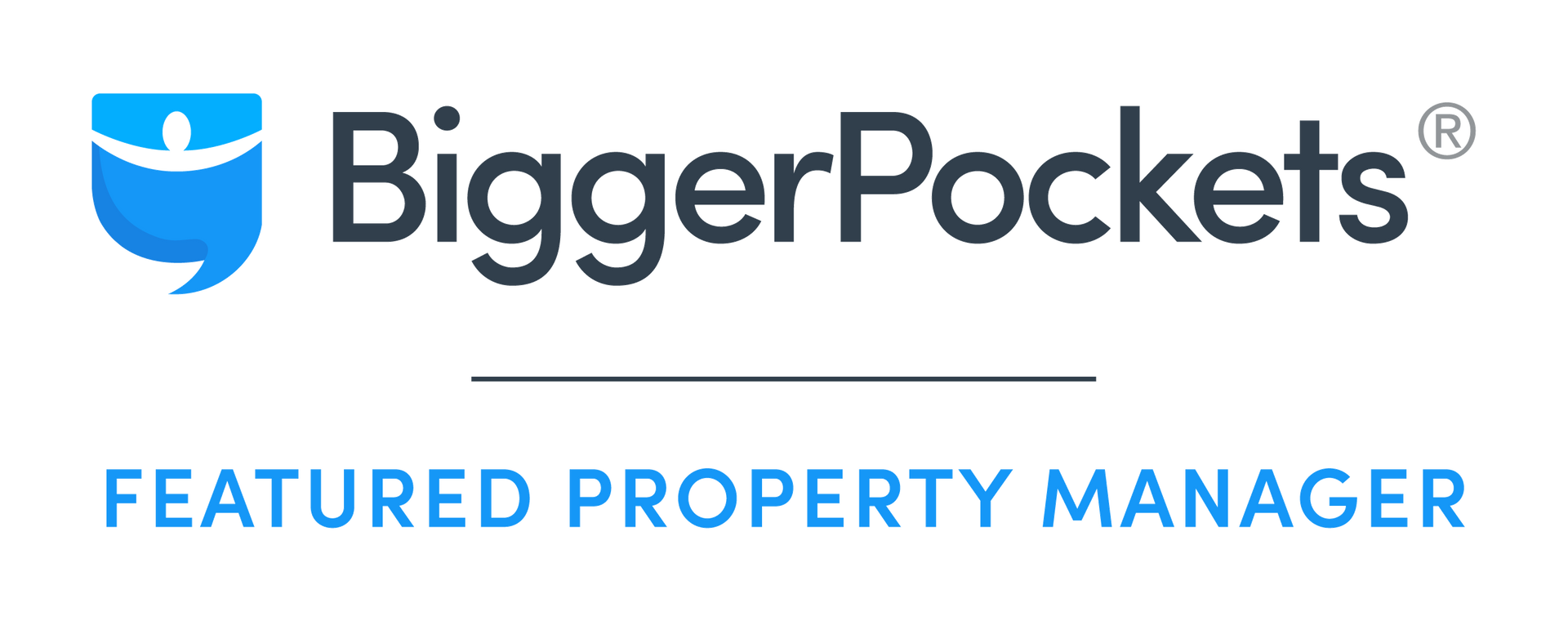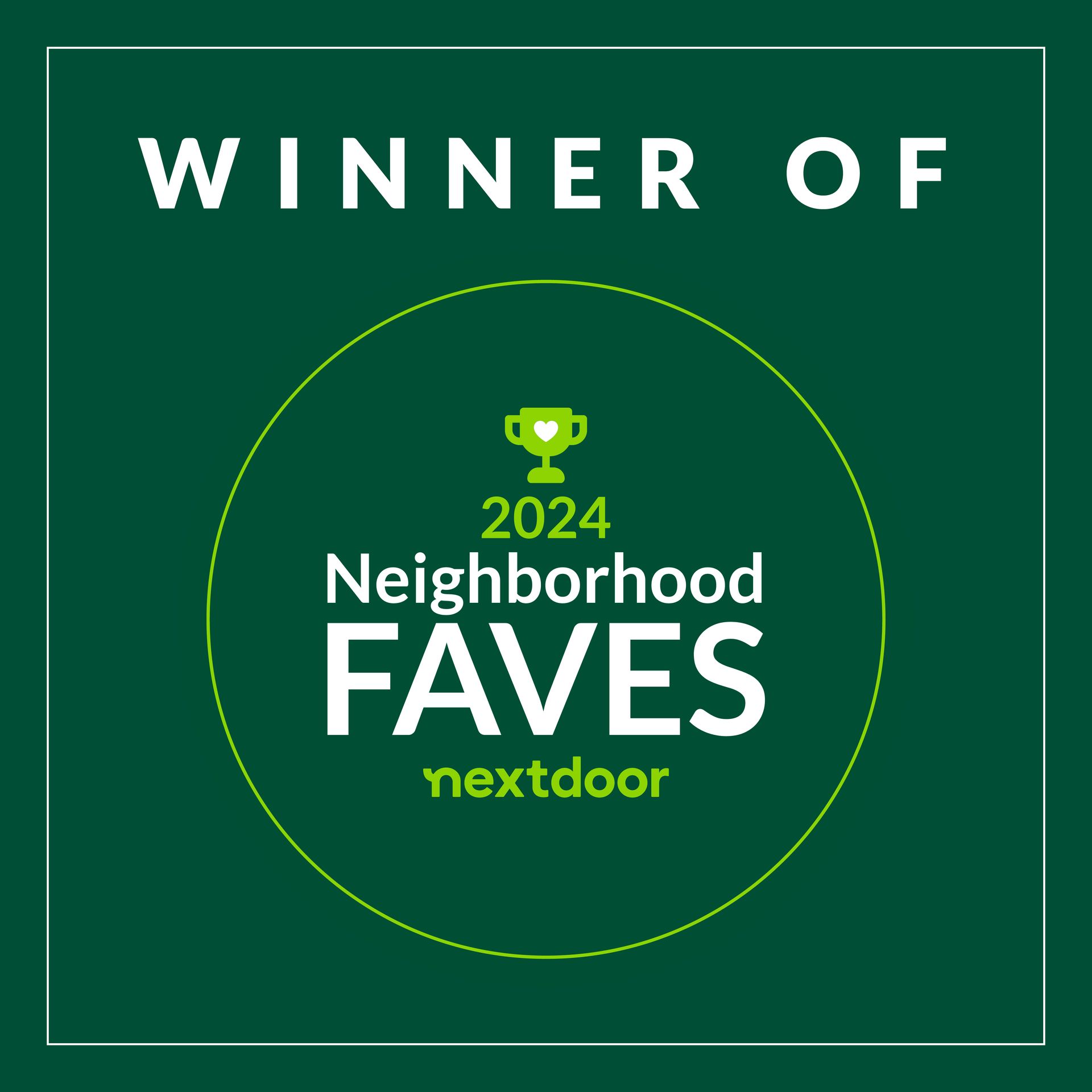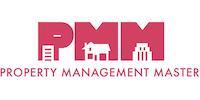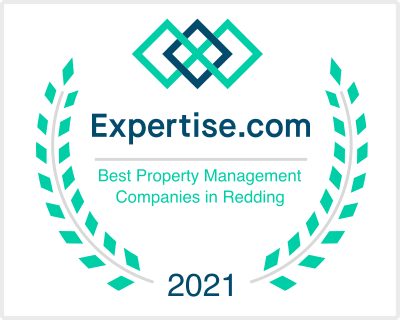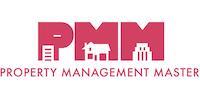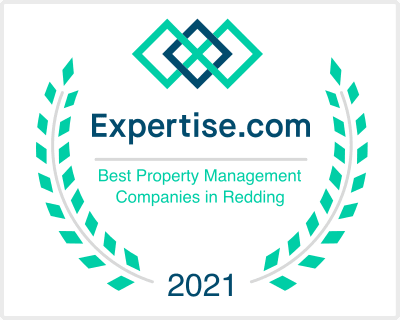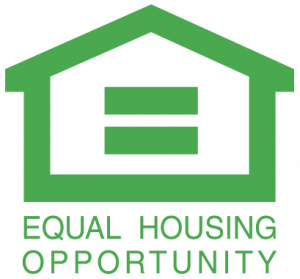Technology Trends Reshaping the Property Management Process
The property management industry is evolving rapidly, thanks in large part to the development of new technologies.
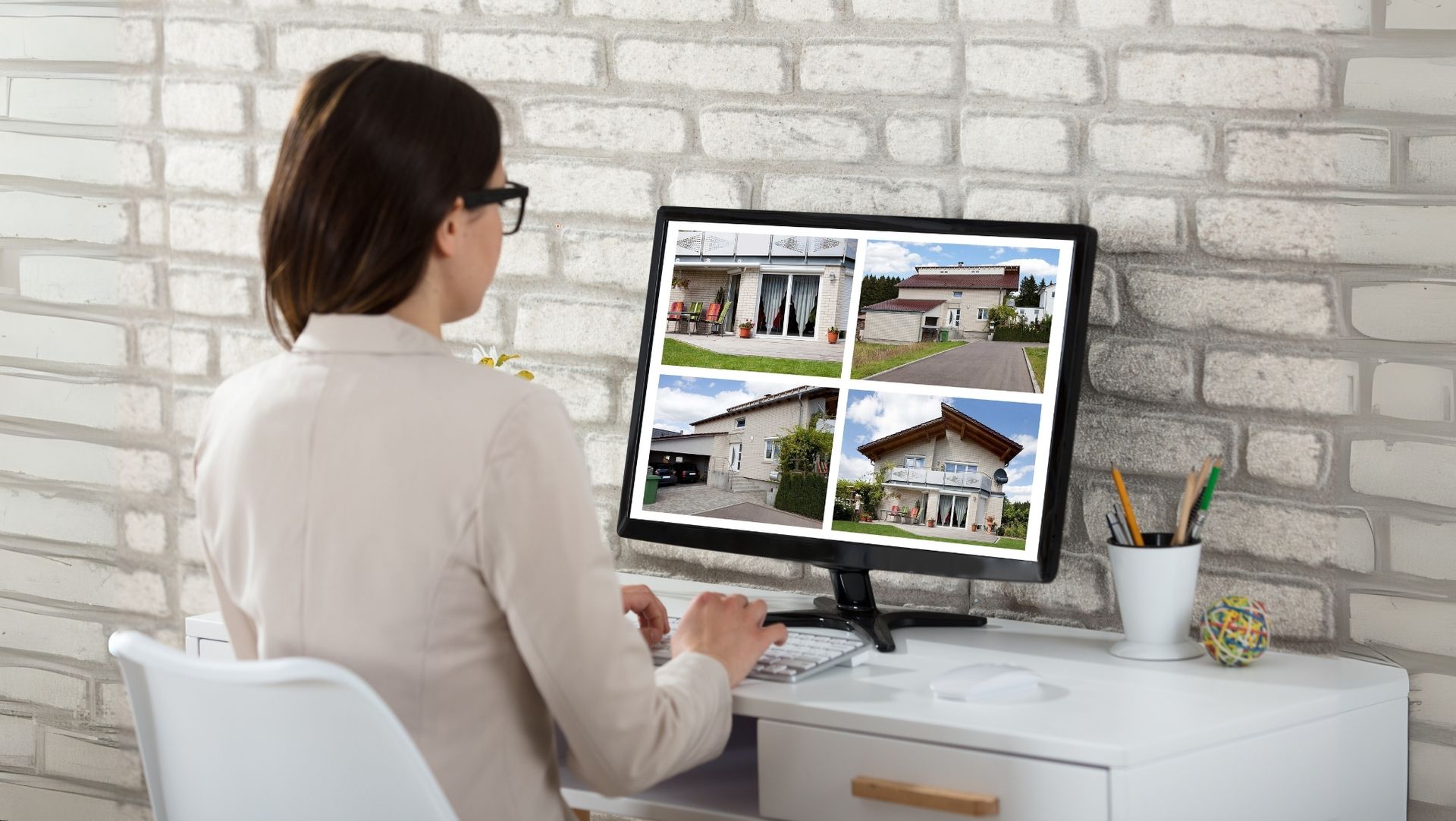
Today’s property managers are no longer relying on outdated methods like paper records or manual tenant tracking. Instead, technology has become a game-changer, making tasks easier, more efficient, and offering better services for both landlords and tenants. From automation to AI-driven tools, technology is reshaping every aspect of property management. In this blog post, we’ll explore the key technology trends that are transforming how properties are managed and what that means for the future of the industry.
1. Property Management Software
One of the most impactful changes in the property management process is the rise of comprehensive property management software. These platforms allow property managers to handle a variety of tasks—rent collection, tenant screening, lease management, maintenance requests, and even financial reporting—all in one place.
Software like AppFolio have become essential tools in streamlining operations. Property managers can track rent payments, manage maintenance schedules, and even handle legal compliance requirements without ever leaving the platform. By consolidating these tasks into one system, property management software reduces errors and allows for better organization.
2. Automation of Routine Tasks
Automation is another trend that is revolutionizing property management. The repetitive nature of certain tasks—such as sending reminders for rent payments, tracking lease expiration dates, or even processing tenant applications—makes them ideal for automation. This not only saves time but also ensures consistency.
With automated workflows, property managers can now set up systems that automatically send emails to tenants, process applications, and schedule maintenance without manual input. This allows property managers to focus on more critical tasks, like improving tenant relations or growing their business.
3. Artificial Intelligence (AI) and Machine Learning
Artificial Intelligence (AI) and machine learning are making their mark on the property management industry. These technologies can analyze large sets of data to offer insights that were previously unavailable or time-consuming to gather. For example, AI can analyze rental prices across different neighborhoods to recommend optimal pricing strategies for landlords.
AI-powered chatbots are another example of how AI is being used in property management. These bots can handle basic tenant inquiries, freeing up time for property managers to focus on more complex issues. They can answer questions about rent, lease terms, and maintenance requests 24/7, providing quick responses that improve tenant satisfaction.
4. Virtual Tours and 3D Visualization
In today’s increasingly digital world, virtual tours and 3D visualization have become popular in property management. These technologies allow potential tenants to tour a property without physically being there, saving time for both the tenant and the property manager. With the rise of remote work and global tenants, virtual tours have become essential for showcasing properties to a wider audience.
This technology is not only helpful for attracting prospective tenants but also for conducting remote property inspections and collaborating with contractors on renovations. 3D visualizations allow stakeholders to understand the layout and potential of a property before committing to any changes.
5. Smart Home Technology
Smart home devices are not just a trend—they're becoming a standard feature in modern property management. From smart locks to thermostats and security cameras, these devices make properties more attractive to tenants while offering convenience and security.
For property managers, smart home technology means they can monitor properties remotely and ensure that everything is functioning properly. For example, smart thermostats can help reduce energy costs by optimizing heating and cooling based on tenant usage patterns. Smart locks, on the other hand, eliminate the need for physical keys, making it easier for property managers to handle lockouts and improve security.
6. Cloud-Based Solutions
Cloud-based technology has become essential in property management, especially for managers overseeing multiple properties. By storing data in the cloud, property managers can access important information—such as tenant records, financial reports, and maintenance histories—from anywhere at any time.
Cloud-based solutions also improve collaboration. Property managers, landlords, and even tenants can all access relevant data in real-time, ensuring that everyone is on the same page. This level of transparency helps build trust between property managers and their clients while improving operational efficiency.
7. Mobile Apps
Mobile apps have become indispensable in property management. Both tenants and property managers are using apps for everything from paying rent to submitting maintenance requests. These apps allow tenants to communicate with property managers easily, while property managers can track all tenant interactions in one place.
For property managers, mobile apps provide the flexibility to manage properties while on the go. Whether it's responding to a tenant request, approving an application, or scheduling maintenance, mobile apps make property management more convenient and accessible.
8. Big Data Analytics
Big data is helping property managers make more informed decisions. By analyzing large sets of data, property managers can gain insights into tenant behavior, rental trends, and market demand. This allows them to optimize rental prices, identify high-risk tenants, and even predict when a tenant might vacate.
For example, using big data, a property manager could analyze rental price trends in specific neighborhoods and adjust their pricing strategies accordingly. Additionally, data analytics can help predict maintenance needs by identifying patterns in repairs, helping property managers budget more effectively for future expenses.
9. Online Tenant Portals
Tenant portals have become a staple in modern property management. These online platforms allow tenants to handle everything from paying rent to submitting maintenance requests, reviewing lease terms, and even communicating with property managers.
For property managers, these portals offer an easy way to track tenant interactions and ensure all issues are being addressed in a timely manner. They also help streamline rent collection and reduce the number of missed payments, as tenants can set up automatic payments through the portal.
10. Cybersecurity Measures
As property management becomes increasingly digital, cybersecurity is becoming a top priority. With sensitive tenant and property data being stored online, ensuring that this information is protected is essential.
Property management companies are investing in strong cybersecurity measures like encryption, secure login systems, and regular security audits to prevent data breaches. These precautions are critical to maintaining the trust of tenants and property owners alike, and they are becoming a key aspect of modern property management practices.
Embracing Technology for a Smarter Future
The future of property management is undeniably digital. As technology continues to advance, property managers must adapt to new tools and trends that make managing properties easier, more efficient, and more secure. From AI and automation to cloud-based solutions and big data analytics, these technology trends are reshaping how properties are managed. By embracing these changes, property managers can stay ahead of the curve and offer better services to both property owners and tenants.
Share this post with a friend!
Disclaimer: The content on this blog is for informational purposes only and is not intended as legal or advice. Consult with a qualified professional for specific advice.
